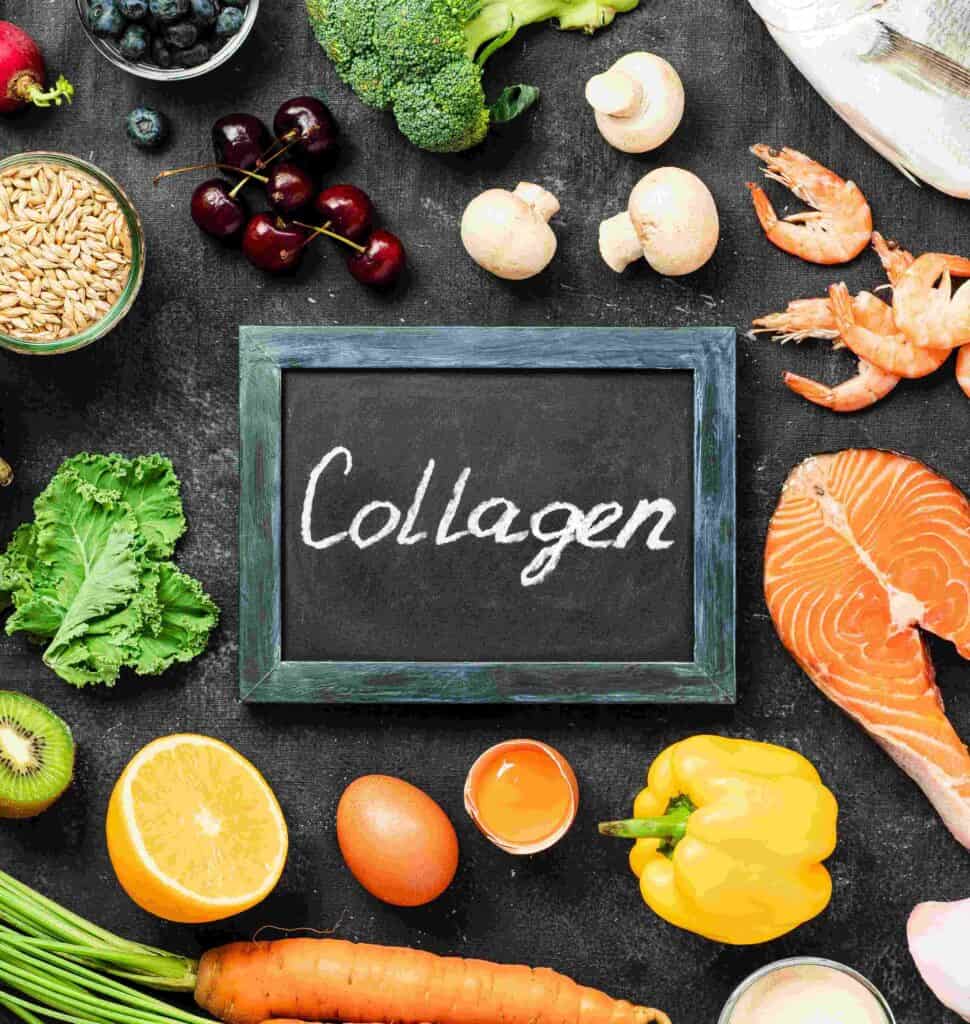How to Rebuild Collagen
As we age, our skin becomes rougher and more wrinkled, and we lose muscle and bone mass.
Why does this happen?
A protein called collagen – responsible for healthy joints and skin – is produced less and less. Let’s dive in to find out how we can rebuild collagen.
What Is Collagen?
Collagen is a protein in our bodies responsible for holding bones, muscles, and joints in place. It is the scaffolding around which our body is built.
Collagen is the most abundant protein in our body, comprising about 30% of all protein. It is also the heaviest protein in the body. Shaped in rod-like fibers, collagen can take on a wide variety of shapes and there are at least 16 types of collagen. It can be flexible or stiff, and if it undergoes mineralization, collagen becomes bone.
How to Rebuild Collagen
While it’s impossible to stop the natural loss of collagen as we age, there are ways to minimize the damage, reduce destruction to existing collagen, and promote its production.
Ranging from invasive collagen therapies, such as collagen injections, to diet and exercise changes. Combined with protecting your existing collagen, you will have the best skin and body possible.
There are four ways to support your body’s ability to build and repair collagen:
- Prevent damage
- Improve diet
- Exercise
- Great skincare
Let’s explore each of these further.
Rebuild Collagen Step One: Prevent Damage
The first and most impactful change you can make to help your skin is to avoid things that actively damage it. There are three major sources of collagen damage: sun exposure, tobacco consumption, and environmental pollutants.
These skin stressors increase the risk of skin blemishes through freckles, cancer, and precancerous lesions, and exacerbate collagen loss by reducing overall skin firmness.
Use mineral-based sunscreens to protect your skin from harmful UV rays. You can reduce exposure to environmental toxins by staying indoors and investing in an air purifier if there is industrial or wildfire smoke. You can also avoid burning candles, incense, or wood fires. Quitting tobacco may be the most difficult step, but there are resources to help.
Rebuild Collagen Step Two: Improve Your Diet

There are two main ways an improved diet can improve collagen levels.
1) You can eat the prerequisite materials that your body turns into collagen.
2) You can eat key vitamins and minerals that support collagen creation.
Meat Sources
Animals rely on collagen to build structures, like bones and connective tissue, so most meat sources include collagen. Specific sources that contain higher content include tough cuts of meat with lots of connective tissues, like brisket and fish bones and skin.
Bone Broth
Gelatine also has a high collagen content (it is made from extracting collagen from bones). Looking for an easy way to add collagen to your diet? Make soup by slowly simmering bones to make bone broth.
Vegan Sources
For vegans, there is no natural source of collagen. Therefore, it’s important to include vegan protein sources to get all the amino acids necessary to build collagen. The best vegan sources of protein are beans, seeds, and nuts.
Additional nutrients that support collagen production include:
- Vitamin C: Oranges, lemons, and limes.
- Zinc: Oysters, cashews, red meat, and beans.
- Sulfur: Eggs, garlic, hazelnuts, mustard, asparagus, soy, and legumes.
- Soy: Soy milk and tofu.
- Taurine: Garlic.
- Vitamin A: Carrots and sweet potatoes.
- Lipoic acid: Red meat, kidney, liver, spinach, tomatoes, broccoli, brussels sprouts, garden peas, potatoes, and rice bran.
- Lycopene: Tomatoes, pink guavas, apricots, watermelons, and pink grapefruits.
Collagen Supplements
Collagen supplements are also available. Oftentimes, they include polypeptide precursors to collagen that are easier for your body to use. Collagen supplements support skin and joint health and boost muscle formation for weightlifters.
Rebuild Collagen Step Three: Exercise
All exercise stimulates blood flow and supports collagen production.
Weightlifting is known for releasing growth hormones that increase collagen production throughout the body. Weighted exercise (and high-impact cardio) also stimulates collagen and bone production in the areas involved in the exercise.
Another step that may support collagen health is to give yourself a weekly face massage. First, wash your hands, then rub your face with your fingers in a circular motion. Don’t press too hard or too long because you may end up causing skin irritation.
Rebuild Collagen Step Four: Skincare

Since most of the collagen in your body is in your skin, you can directly attempt to treat it with skin cream to improve the quality of collagen and increase production.
There are three ingredients to look for in skincare products that stimulate collagen production:
- Retinol (AKA topical vitamin A)
- Polypeptides
- Vitamin C
In addition to using moisturizers and supplements on your skin, exfoliation exposes fresh skin, increasing the absorption of moisture and collagen-boosting supplements.
Making the Most of Your Collagen
The funny thing about collagen is that no matter what regimen you adopt, your body is actively working to rebuild it all the time. Your body is already on your side – your job is to support it with healthy habits.
Keep in mind that no matter how much you exercise or how well you eat, your body will become less efficient and your collagen levels will naturally decline. Even so, taking measures to rebuild collagen can have a pronounced effect on your body. It can be the difference between barely noticeable wrinkles versus saggy skin with deep-set wrinkles.
So be kind to your body, and you can set the stage for a turnaround. Get started rebuilding your collagen with damage prevention, diet, exercise, and skincare!




